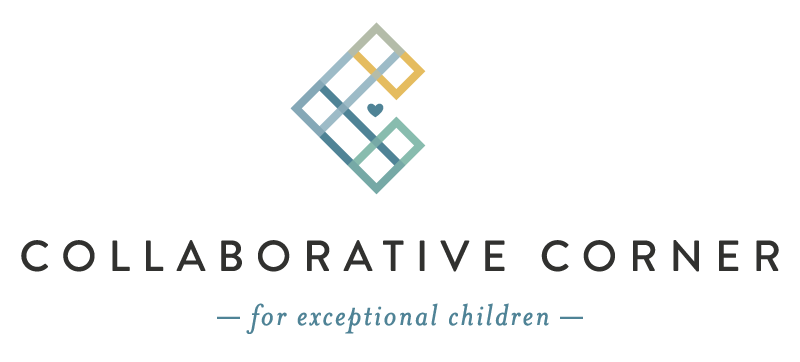Selecting and Defining Target Behavior
Applied behavior analysis, also known as ABA aims to improve socially significant behavior. The “target behavior” is the specific behavior selected for change. That means behavior selected for change, are not selected at random. It is the behavior that are immediately necessary and necessary for long-term success that are selected for change.
There are many steps involved in selecting target behavior. For example, Behavior Analysts will use behavior assessments such as interviews, checklists, standardized tests, direct observation, and ecological assessments to name a few of the most common methods to select a behavior for change. Behavior selected for change should evolve around the question, “to what extent will the behavior change improve the person’s life experience?”
Selected behavior should contribute to the following questions:
Is this behavior a necessary prerequisite for a helpful skill?
Will this behavior increase independent skills?
Will this behavior help others to interact with the client?
Will this behavior lead to another skill?
Once the behavior is selected, then there needs to be a definition that describes the exact behavior. The definition should describe the behavior in observable and measurable terms. For example, a common behavior is aggression. However, aggression is a very broad and vague term. An example of an acceptable definition of aggression might include, but not limited to: “any instance of hitting, kicking, or biting another person or object.”
Essentially, the definition allows you to pin point exactly what the behavior should look like. It must fall into the exact definition in order to count as the target behavior.
For a further explanation of selecting and defining target behavior, please feel free to contact nikki@collaborativecorner.org. A timely response will be provided within 24 hours.
Reference:
Cooper, J. O., Heron, T. E., & Herward, W. L. (2007). Applied Behavior Analysis. Upper Saddle River, New Jersey: Pearson Education Inc.
Nikki Waitt, RBT
Registered Behavior Technician and Varied Exceptionalities Teacher
nikki@collaborativecorner.org

